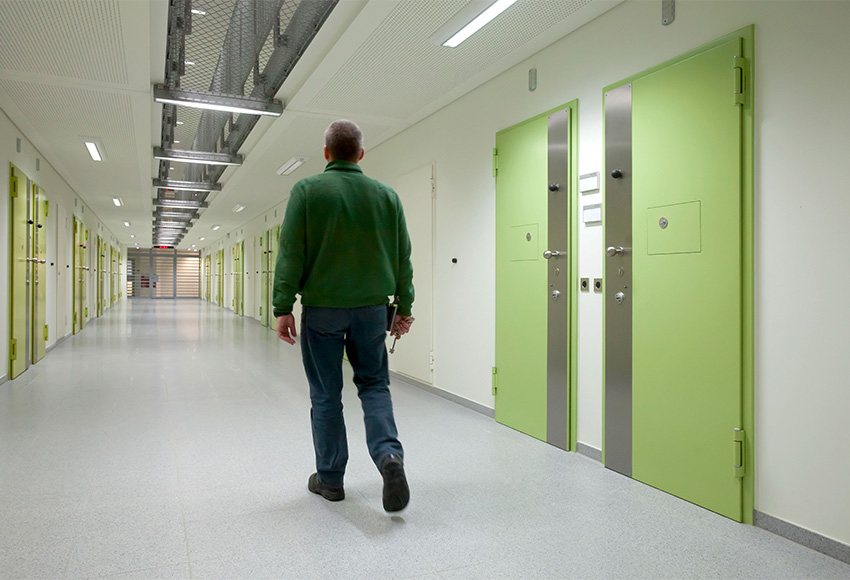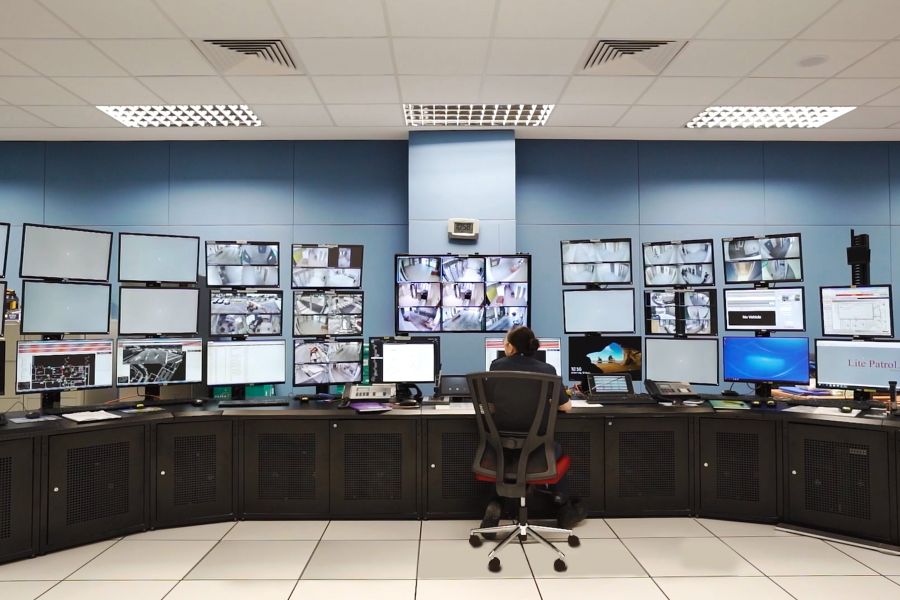Corrections administrators must today, more than ever, commit to investing in the training of their correctional officers.
Peter Severin, President, International Corrections and Prisons Association
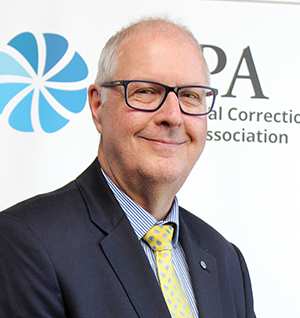
Peter Severin
President, International Corrections and Prisons Association
Corrections administrators must today, more than ever, commit to investing in the training of their correctional officers. This will contribute to achieving better outcomes and will ensure a well-equipped and effective workforce.
We support penitentiary schools in updating their curriculum, modernizing their training materials towards e-Learning or translating in local languages existing material such as the UNODC e-Learning on Nelson Mandela Rules.
The ICRC is also interested in the great potential of virtual reality as a vector for learning and to change behaviours.
Peter Maurer, President of the International Committee of the Red Cross (ICRC)

Peter Maurer
President of the International Committee of the Red Cross (ICRC)
Complimentary to its monitoring activities and broader dialogue on detention issues with detaining authorities, the ICRC supports them in many ways including through ad hoc training to detention managers and staff on creative solving of humanitarian issues it observes during its visits.
In addition, we are looking at developing additional VR products covering issues such as specific vulnerabilities, the management of the food chain, overcrowding and the provision of health care in detention.
More and more correctional organizations are realizing that they need to go beyond training in administrative skills.
James Bonta, Ph.D. (Clinical Psychology), Co-author of “The Psychology of Criminal Conduct” (RNR model), Canada

James Bonta
Ph.D. (Clinical Psychology), Co-author of “The Psychology of Criminal Conduct” (RNR model), Canada
Probation/parole officers spend a lot of time on administrative tasks and enforcement, looking to see if clients follow the probation conditions. We see that officers don’t follow the RNR model principles without having had specific training. The positive side is that with proper training they can follow those principles and do it well. The first step is to recognize that if staff can follow our model (RNR) more closely, it can make a difference in community safety.
The best example I have to date about an organization following this kind of three-step approach is in the province of British Columbia, where we implemented STICS. STICS is a training program to teach probation officers how to follow the risk principle, address criminogenic needs, and change criminal thinking to more pro-social thinking. You can’t learn how to do cognitive restructuring after going to one training. Any workshop may energize people, and they learn something. Still, they need to continue their professional development to improve their skills. I see a positive increase in attention to training probation officers in “What Works”.
So, more and more correctional organizations are realizing that they need to go beyond training in administrative skills and train their staff in skills that actually make a difference. The huge challenge is large scale implementation. In implementing new training programs, the difficulty is fidelity: staying true to the program’s intent. And that also will involve resources. It requires ongoing monitoring and not losing sight of what you want to do.
We prioritise the investment in our staff to be the great changers in the day-to-day work in the prison units.
Leandro Lima, Secretary of State for Prison and Socio-Educational Administration, Santa Catarina, Brazil
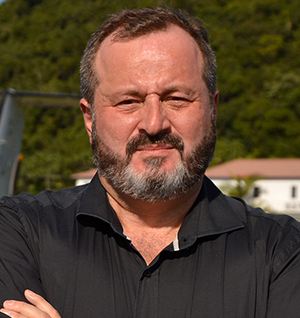
Leandro lima
Secretary of State for Prison and Socio-Educational Administration, Santa Catarina, Brazil
Training, both initial and continuous, is essential to ensure that prison staff carry out their duties correctly.
Ángel Luis Ortiz, Secretary General of Penitentiary Institutions, Spain
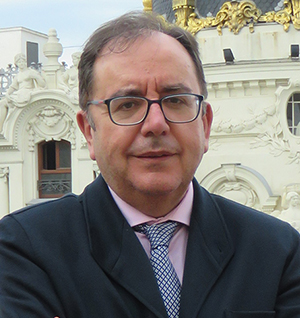
Ángel Luis Ortiz
Secretary General of Penitentiary Institutions, Spain
Spain has some renovated facilities, however it has lacked a training centre up to the same standards of quality as those facilities, until now. That’s why this year we have decided to create the Penitentiary Studies Centre. Over the next few years, the necessary reforms will be made to put it into operation.
This initial training for those aiming to work in Penitentiary Institutions consists of two phases: a theoretical course at the Study Centre and a practical programme in prisons. Furthermore, nearly 6,000 people are receiving continuous training each year in face-to-face, online as well as decentralised in prison institutions.
As a staff member within the Swedish Prison and Probation Service, you need to believe in every individual's ability to make positive changes in their life.
Martin Holmgren, Director-General, Swedish Prison and Probation Service
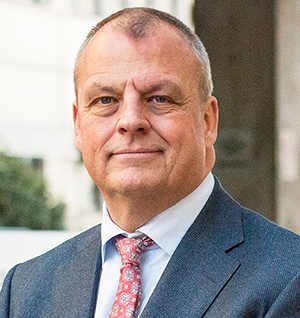
Martin Holmgren
Director-General, Swedish Prison and Probation Service
In terms of continuous training, we provide off- and on-site training for all practical aspects of work. We also run an e-training curriculum to maintain staff competence levels, and we provide further training for the implementation of new tools and methods.
The development of our workforce is one of my highest priorities and is critical to us delivering 'Hōkai Rangi'.
Jeremy Lightfoot, Chief Executive, 'Ara Poutama Aotearoa' - Department of Corrections, New Zealand
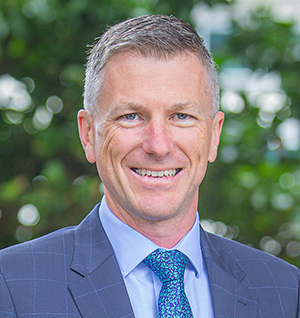
Jeremy Lightfoot
Chief Executive, Ara Poutama Aotearoa – Department of Corrections, New Zealand
So, the development of our workforce is one of my highest priorities and is critical to us delivering Hōkai Rangi. And that’s why we are investing in long-term workforce capability uplift through ongoing training and skills development.
We’ve done a lot of foundational work to put in place these supports for staff, but we have a lot more to do over the next few years.
We recognise training as an essential component in modern corrections and best practices. Our Training College serves as our Centre of Excellence.
Raphael T. Hamunyela, Commissioner-General, Namibian Correctional Service
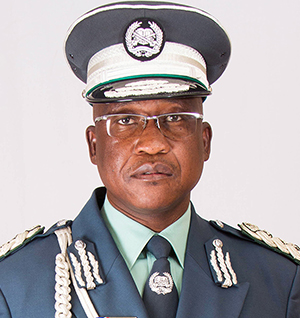
Raphael T. Hamunyela
Commissioner-General, Namibian Correctional Service
It is one of the most modern designed training institutions in Africa and an enormous pride for our Department and the Ministry. The primary function of NCS’s Human Resources Development and Training Directorate is to strategise and develop policy to ensure the capacity development of staff.
It coordinates and monitors the various training courses as per the Departmental training programme and manages officers on tertiary studies and other courses. So far, the LSMCS Training College has delivered around thirty Correctional Basic Training courses. The aim is to prepare correctional officers to work within a high-risk environment. At the same time, they need interpersonal skills and fitness to deal with situations.
The European Union, the Swedish Prison and Probation Service, UNICEF, and UNFPA have played an essential role in our support over the years.
Ahmed Najmaddin Ahmed, Jurist and Director-General of Social Reform, Ministry of Labour and Social Affairs, Kurdistan Region, Iraq
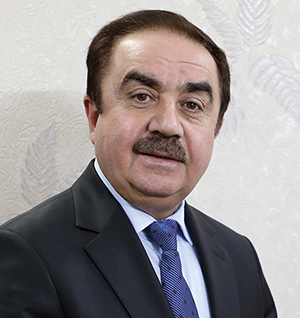
Ahmed Najmaddin Ahmed
Jurist and Director-General of Social Reform, Ministry of Labour and Social Affairs, Kurdistan Region, Iraq
In addition, the UNODC conducted workshops in Erbil in November-December 2021, which have increased our hope and aspirations. And those workshops certainly enhanced our staff’s skills. This initiative was a great start. And, as we advance, we will do our best with UNODC to continually bring about positive change. We are primarily focused on the framework of International Law and the UN Standard Minimum Rules for the Treatment of Prisoners.
Regarding professional development, the more we expose ourselves to different systems, the more we will gain insight into different approaches.
Douglas Dretke, Executive Director, Correctional Management Institute of Texas (CMIT), Sam Houston State University, USA
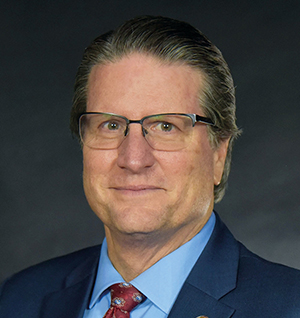
Douglas Dretke
Executive Director, Correctional Management Institute of Texas (CMIT), Sam Houston State University, USA
Our focus is to provide the leadership development that could have a very positive impact upon correctional agencies, and communities. As we build training programs to the many different countries that the US Department of State works in, we work very closely with the countries, agencies, and state departments to take our curriculum and make it very specific to their needs.
Our approach focuses on correctional leadership concepts, practices, best practices, and what our research informs us about maximizing outcomes.
Regarding professional development, the more we expose ourselves to different systems, the more we will gain insight into different approaches. And these can help with the many challenges we face within corrections and criminal justice.
We should focus on hiring officers who believe people can change. We should be less focused on technical skills and more on interpersonal skills. Then we can train and develop their professional skills around change-oriented interventions. For this reason, training is key to success.
Brian Lovins, President of the Board of Directors, American Probation and Parole Association (APPA), USA
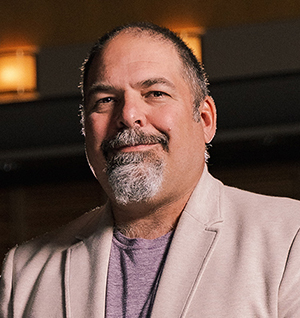
Brian Lovins
President of the Board of Directors, American Probation and Parole Association (APPA), USA
We (APPA) provide training and learning opportunities to around 2,300 probation and parole officers. During COVID, we went virtual, which expanded the reach of our events, allowing some first-time participants from across the country and world to attend our virtual institute. In addition, we provide technical assistance and ongoing training opportunities to individual officers and agencies alike.
And, with a focus on networking, we started an online platform that allows people to interact and connect — learning from the great work they are doing across the world.
Discover a project


